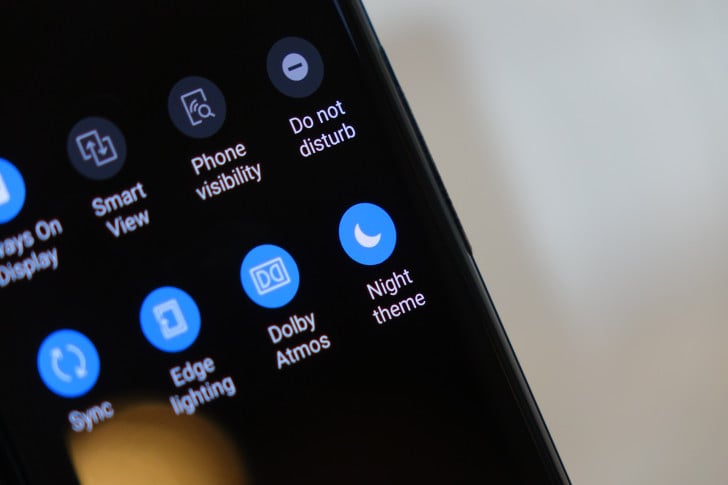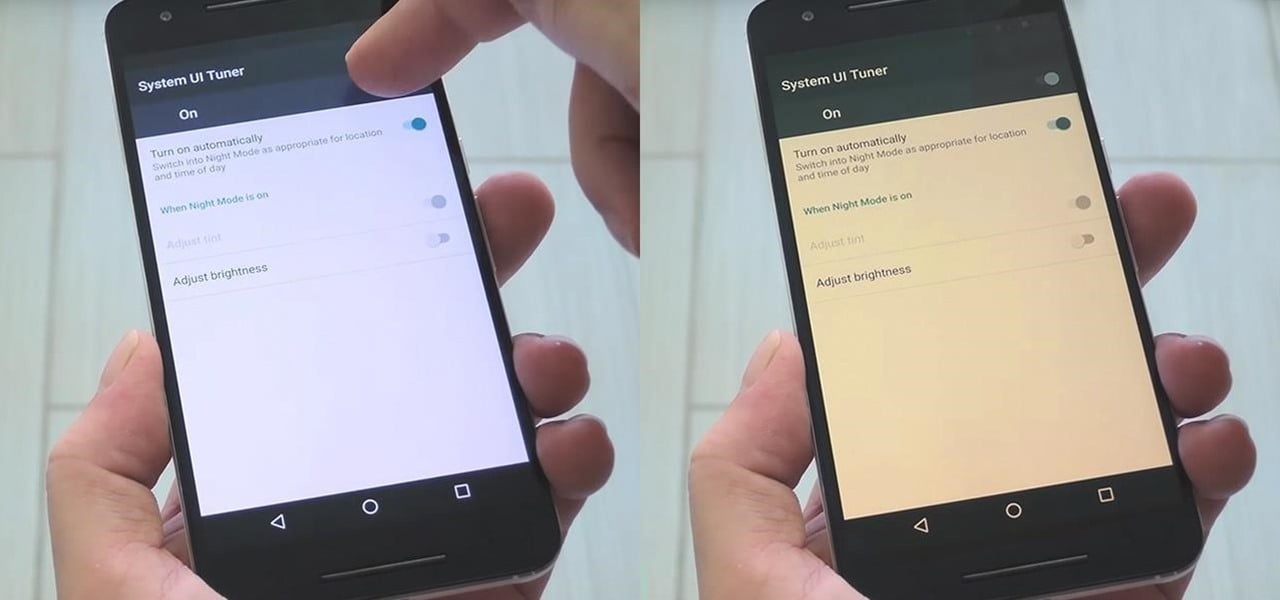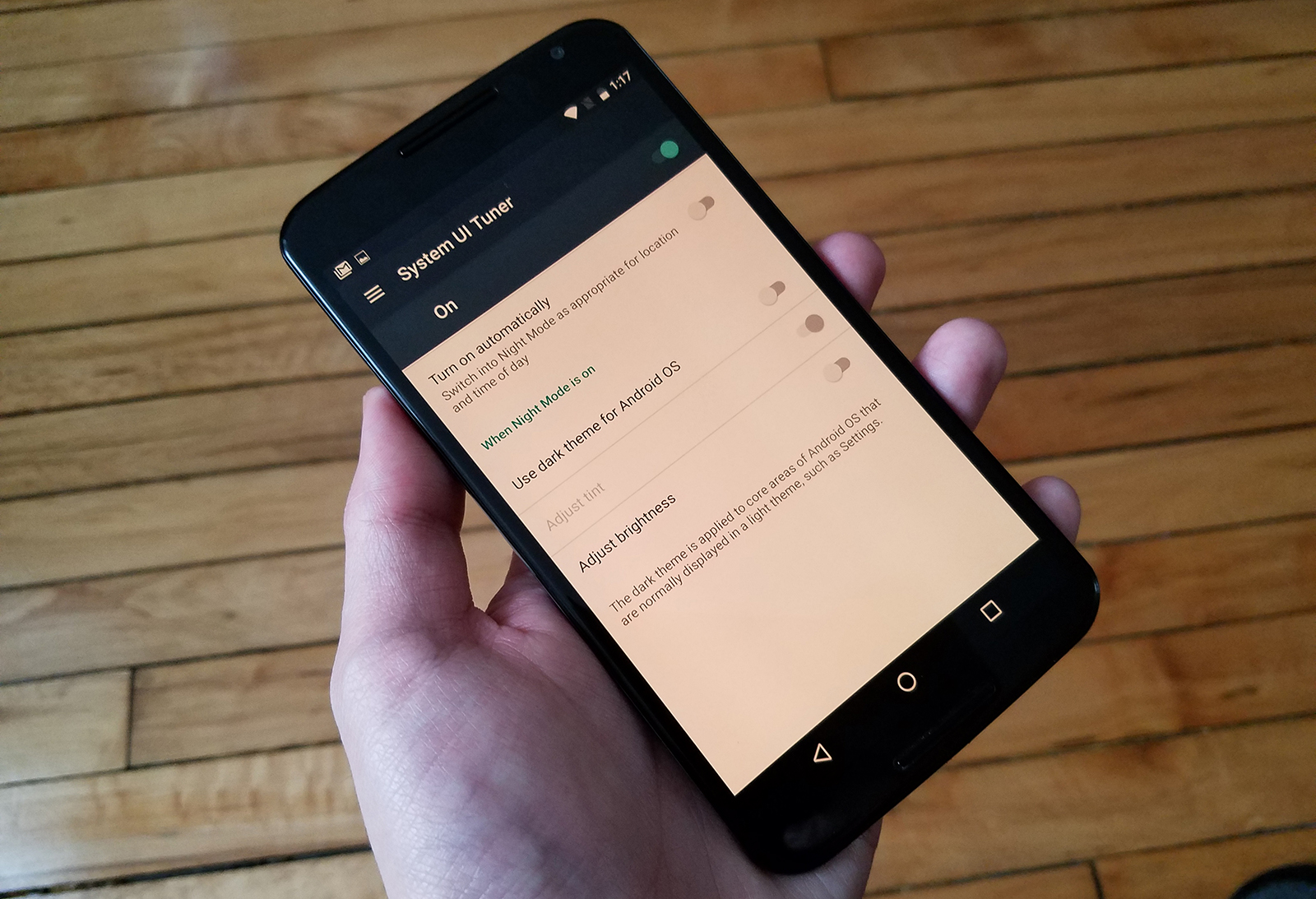
It turns out that blue light filter like Night Light — which tint the screen to reduce blue light and help users fall asleep — may not actually help users fall asleep. In fact, tinting your screen may actually be worse. According to a study conducted by the University of Manchester, using night modes to make your display more ‘yellow’ is possibly worse than leaving it in the regular untinted mode.
Previous research had suggested that exposure to blue light, particularly from phone and TV screens, reduced the production of melatonin, the hormone that helps you to sleep. The University of Manchester conducted a study on a group of mice after the research team — led by Dr. Tim Brown — believed the view that this was a false assumption.
EDITOR’S PICK: Realme Buds Air First Look: The Cheaper AirPods Have Landed

Using specially designed lighting to adjust the color temperature without changing the brightness, the team exposed the mice to various colors and observed the effects it had. The university found that colour-sensing cone cells in the eye may be more responsive to yellow light than the response of melanopsin to blue light. In other words, using your phone with a blue light filter may actually be telling your brain it isn’t time for sleep.
Of course, there are a few things to be aware of here. First off, the study was conducted on mice, not people. Second, the university didn’t conduct the study on a microbiological level — instead, the study was observational and it drew conclusions from mice who were exposed to different colours of light at identical brightnesses.

But there may also be merit to the study. If you think about the colour of light as it appears throughout the day, dawn and dusk usually have bluer light than during the day, which has yellower light. It would make sense that our biological clock would respond to colour as described by the researchers.
Regardless of the effect of blue light on your eyes, it is better to keep your smart device away before heading to bed. Excess screen time has other adverse effects, such as obesity, as well. Furthermore, surfing social media sites can impact your brain in such a way that you don’t find sleep soon when you finally squeeze your eyes shut for the day.
UP NEXT: Samsung Chairman bags 18 months jail term for labor laws violation
(Source)






